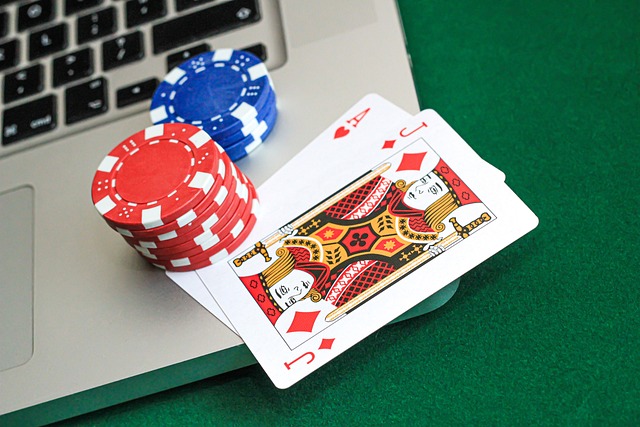
In the nuanced narratives of the twentieth century, gamblers emerge as complex figures, incessantly challenging fate with a hand of cards, a die, a bet. In a world where the casino invites online gambling, the literature of the last century has woven stories of men and women who play much more than simple games: they play their lives, their destinies.
Risk as revelation: Dostoevsky and his obsession
In the cold heart of Tsarist Russia, Fyodor Dostoevsky gives life to “The Gambler” in 1866, a novel that delves into the tormented soul of Aleksei Ivanovich. Dostoevsky, tormented by the demon of gambling in real life, creates a protagonist who reflects his own internal struggle. Roulette is not just a game but a battlefield, where each spin is a dance with death and fortune. Aleksej becomes the incarnation of the anti-hero, who, despite his fall, faces life with a challenge to the eyes that almost becomes a provocation.
From paper to courage: Hemingway and solitary heroism

While Dostoevsky explores the dark side of gambling, Ernest Hemingway, in his work “The Old Man and the Sea” (1952), elevates the gambler to a symbol of heroic resistance. Santiago, an elderly fisherman, measures himself against the titanic forces of the marlin in the deep blue of the gulf. This solitary struggle is not unlike placing oneself in front of a risky bet: Hemingway depicts each cast of the line as a bet, where the prize is the dignity of man himself.
The Green Table: Proust and the Game of Memory
Marcel Proust, in his monumental “In Search of Lost Time”, elevates the game to a metaphor for memory. In the Parisian salon, the card game is not just a pastime between the characters, but a delicate green carpet on which memories and revelations unfold. Here, the game becomes a tool to explore the past, each hand a revelation of hidden truths. With an intricate and profound narrative, Proust depicts the game as a journey through the labyrinths of the human mind, where every choice, every card turned up, has the power to transform the present.
Modern Cinema and Challenges: The Gambler as a Social Mirror

Twentieth-century cinema is not far behind in recounting these ambiguous figures. “The Gambler” (1974) features Axel Freed, a university professor struggling in the grip of gambling. The film, loosely inspired by Dostoevsky’s work, portrays a man who, although brilliant, is pushed towards the abyss by his own addiction. Axel, played with mastery by James Caan, walks a tightrope between destruction and the desire for redemption, reflecting the conflicts and contradictions of a society that plays dangerously with its own future.
In summary
These twentieth-century storytellers, armed with pens and cameras, did not simply create characters: they explored the depths of the human psyche through the symbol of the game. Their art thus becomes a mirror, sometimes dark sometimes bright, of the eternal struggle between control and chance, between heroism and downfall. Through these heroes and anti-heroes, literature and cinema invite us to reflect not only on the meaning of risk, but also on the infinite possibilities of redemption that every game, every life, contains.